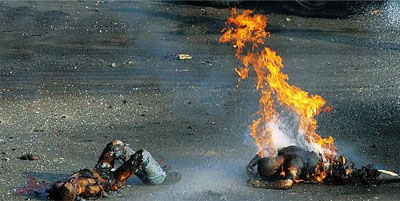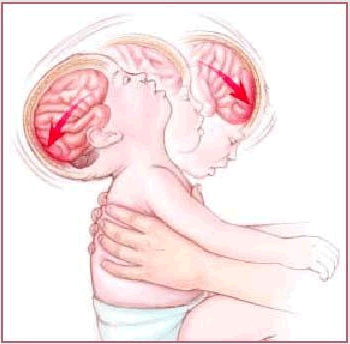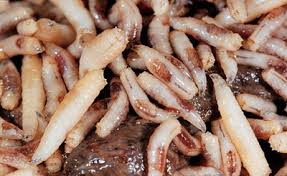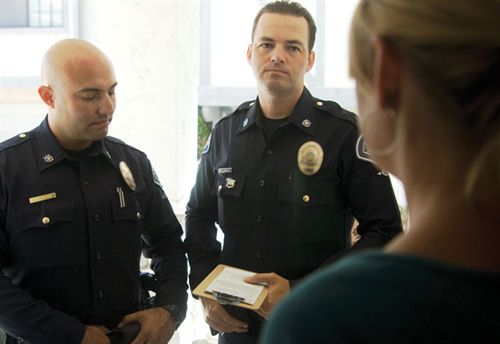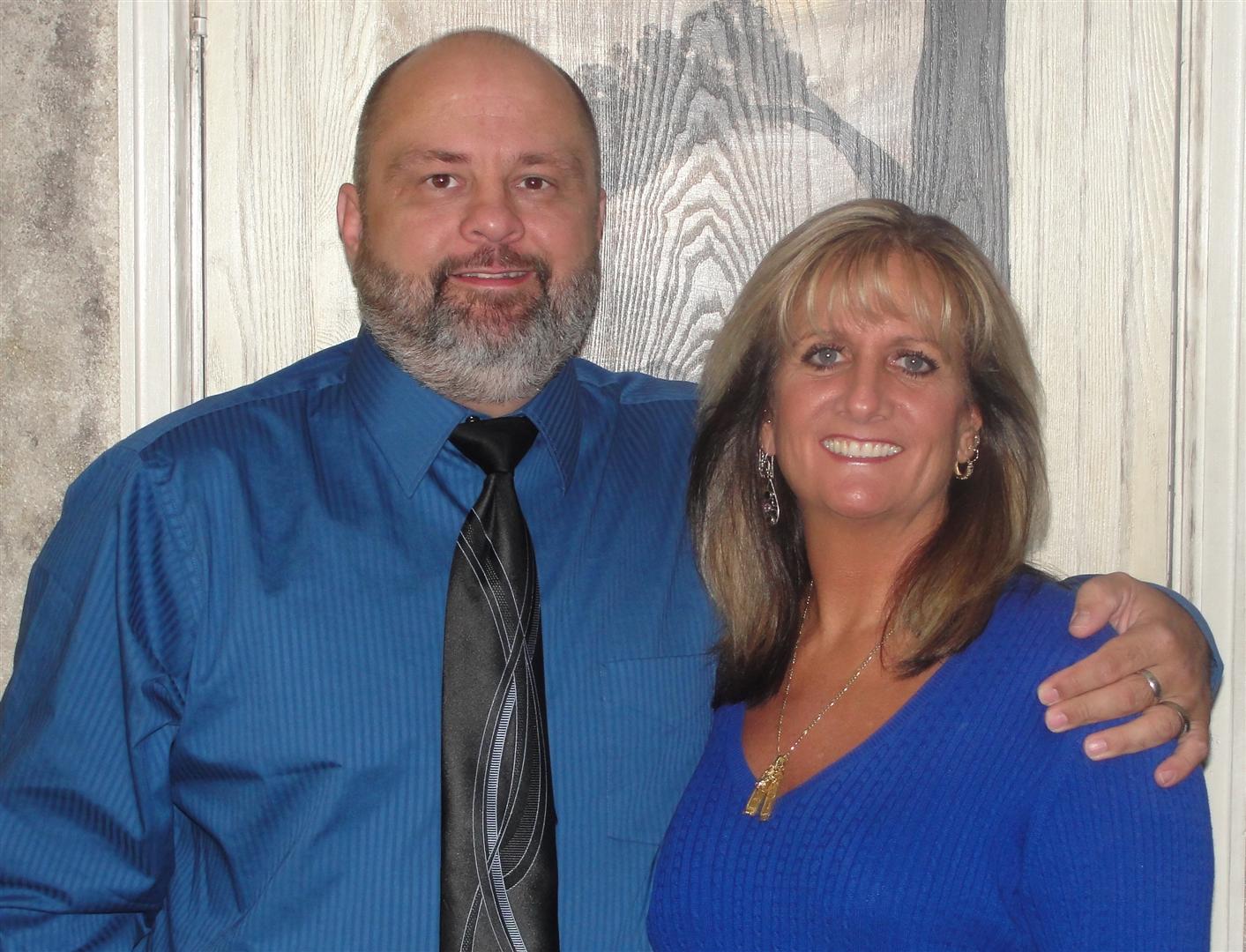Burning Bodies – The Dame of Flame
[app_audio src=””]The human body burns predictably based it on its anatomical configuration of soft tissues and bones. Fire creates burn patterns to soft tissues: skin, fat, muscle, and then on select areas of the skeleton. These burn patterns convey how the body burned within its environment and if there was any traumatic injury present prior…
Read More
